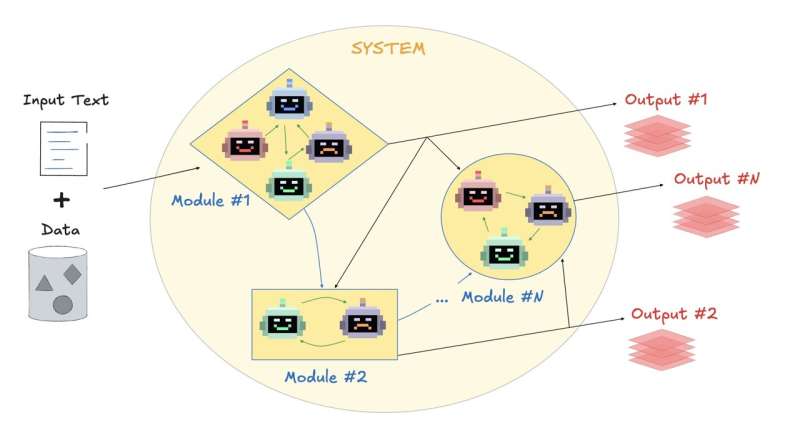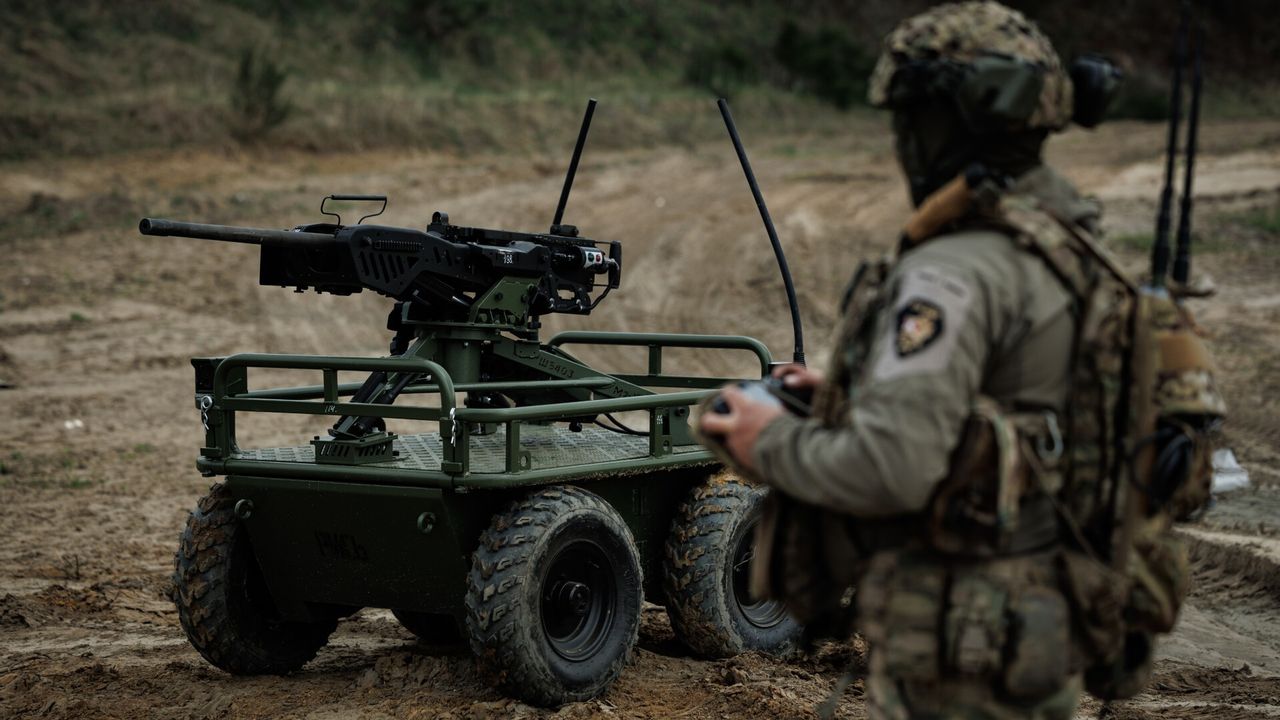Researchers at the University of Cambridge, in collaboration with the Flatiron Institute and the Autonomous University of Barcelona, have introduced an innovative AI-powered tool named Denario. This scientific assistant is designed to streamline the research process by helping scientists identify new research questions, analyze data, and generate scientific documents. The development aims to accelerate research, making it more dynamic and interdisciplinary.
While current AI tools, such as ChatGPT, assist with specific tasks like data visualization and abstract writing, Denario represents a significant advancement. It synthesizes existing literature, formulates research inquiries, analyzes results, and generates manuscripts. According to the researchers, this comprehensive approach could broaden the scope of scientific investigations.
In a paper published on March 15, 2025, the creators of Denario outline its capabilities. Led by Dr. Boris Bolliet from Cambridge, the team comprises experts in various fields, including astrophysics, biology, and machine learning. They assert that Denario could enhance the research landscape, providing scientists with tools to explore new ideas and methodologies.
“Sometimes the most interesting thing is the idea, because maybe it’s a new idea that hasn’t been explored,” stated Francisco Villaescusa-Navarro from the Flatiron Institute, one of Denario’s primary developers. The team emphasizes that Denario is not intended to replace scientists but to serve as a complementary tool. Current limitations include a low success rate, with only about one in ten outputs yielding valuable insights, and instances of fabricated data.
Denario employs a modular architecture, allowing users to select specific components tailored to their research needs. Researchers upload datasets along with a brief description of their goals. The first agents refine research ideas, while subsequent agents review existing literature to ensure novelty. The analytical process is managed by a multi-agent system called CMBAgent, which executes coding, debugging, and interpretation tasks. Finally, writing and reviewing modules generate summaries of the findings.
The system has undergone extensive testing, with hundreds of end-to-end trials across diverse disciplines, including chemistry and neuroscience. Although expert reviews deemed most outputs unsuitable, around ten percent produced intriguing questions or findings. The interdisciplinary nature of Denario enables it to import ideas from fields that may be less familiar to a researcher, potentially sparking innovative directions.
Looking ahead, the team aims to enhance Denario’s efficiency and the quality of its outputs. Future improvements may include better identification and filtering of low-quality results. However, challenges remain. Some final reports have struggled to convey uncertainty in results, and ethical considerations, including the risk of generating misleading information, are ongoing concerns.
The researchers have instituted safeguards to mitigate risks, adding instructions to prevent the generation of ‘dummy data’ after encountering instances of fabricated results. They express a commitment to fostering an open dialogue about the responsible use of Denario and similar tools in the scientific community.
The collaborative effort across academia and industry has been crucial to the development of Denario. As the scientific community continues to explore the integration of AI in research, the potential for tools like Denario to revolutionize the scientific process remains significant.







